Affiliate links on Android Authority may earn us a commission. Learn more.
A few days in with Digital Wellbeing, and it’s already changing my life
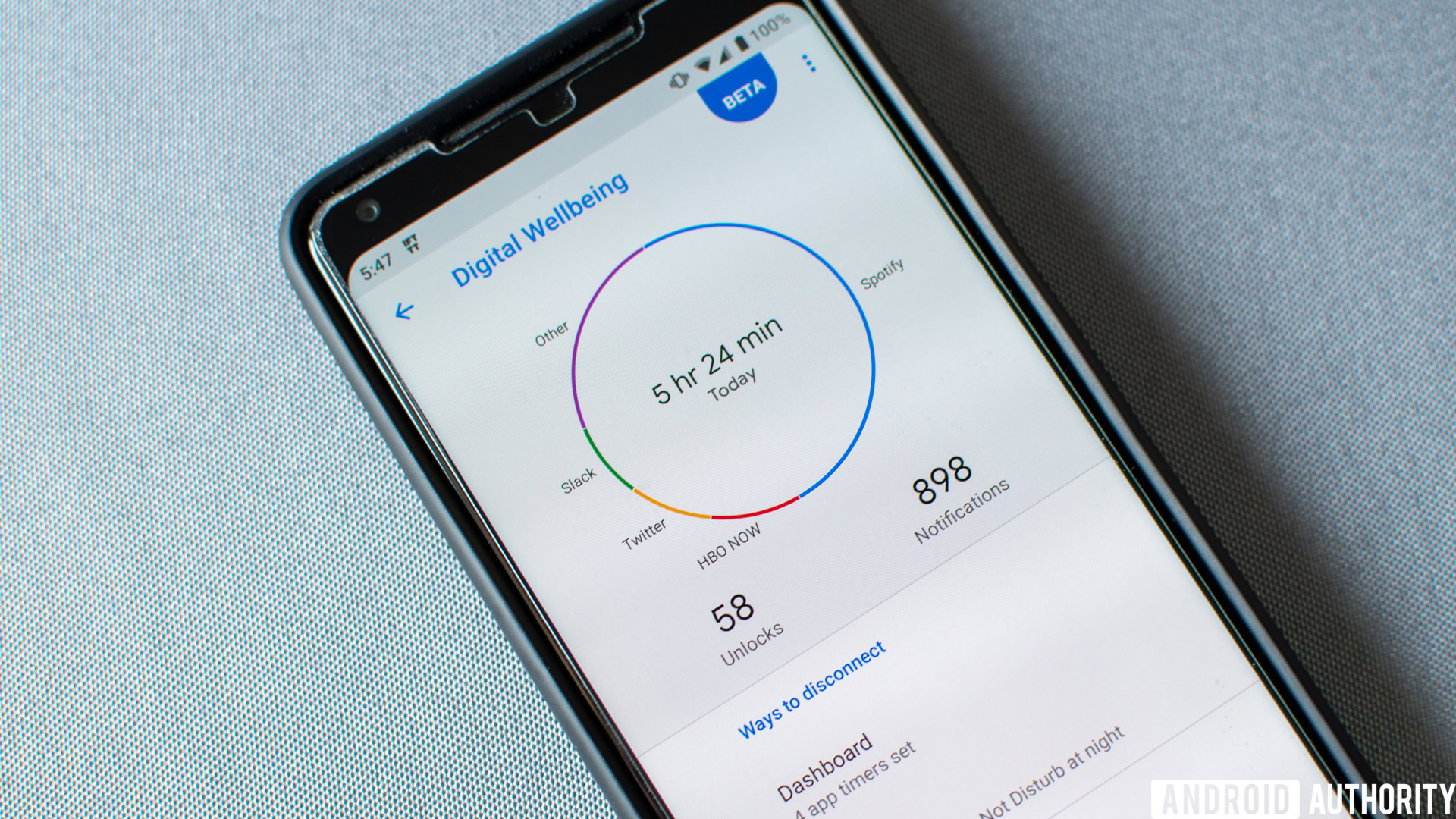
I’ll admit that when Google first announced Digital Wellbeing during Google I/O 2018, I just kind of shrugged. Even though I write for a website dedicated to smartphones, I really don’t feel like I use my phone that much. I certainly am not a smartphone addict (which isn’t even a real thing).
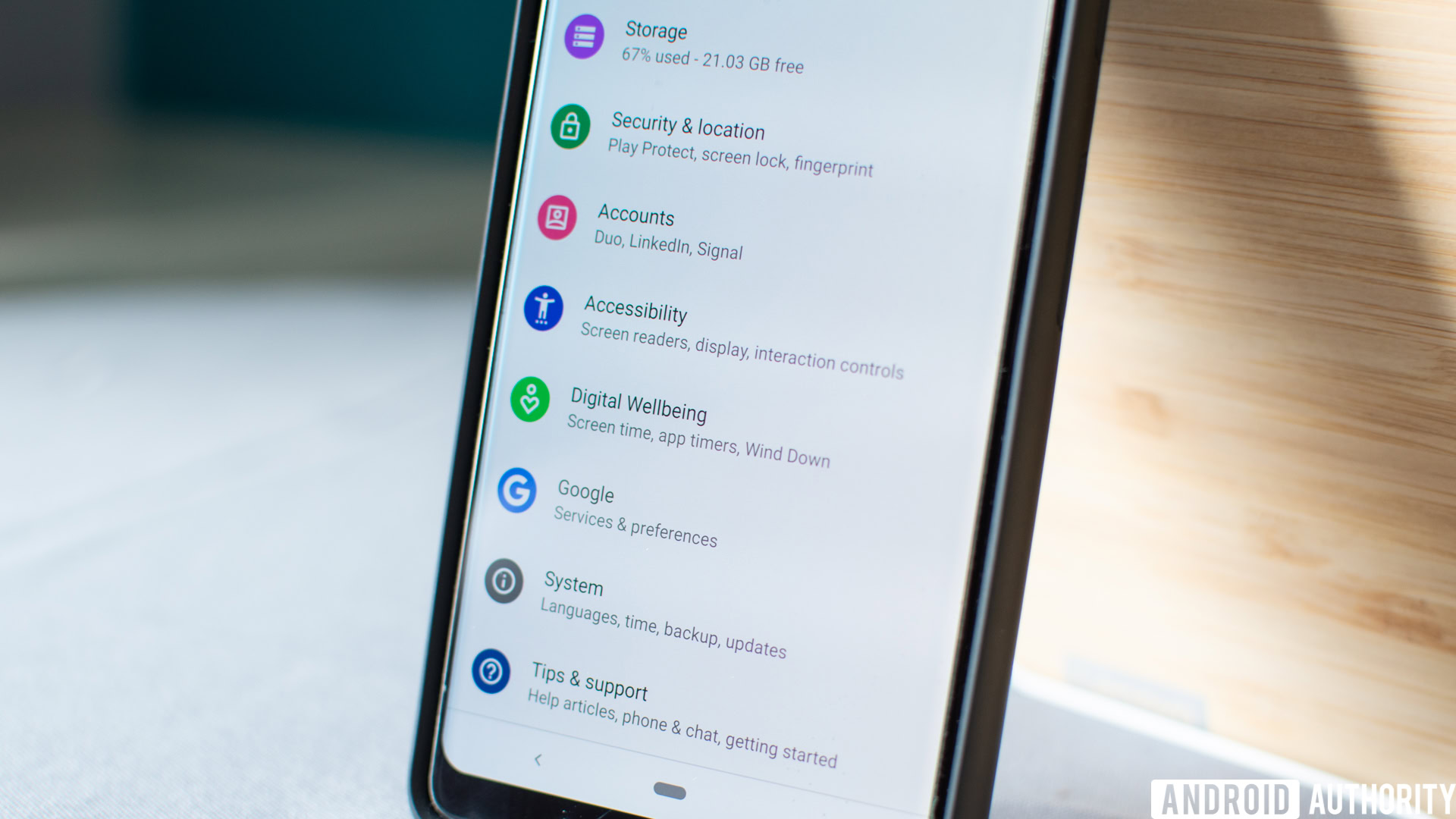
However, I do have plenty of friends and family members who, in my opinion, use their phones way too much. Any moment that they’re not engaged with something, they are looking at their phones — sometimes they are looking at their phones while currently engaged with something else!
While I’m a firm believer in the old adage of, “You do you,” it does seem terrifically unhealthy to be glued to your phone at all waking moments.
Anyway, when Google announced Digital Wellbeing I thought to myself, “This is a great idea that will help a lot of people, but I don’t really have any use for it.”
How wrong I was.
25 percent of my day… gone
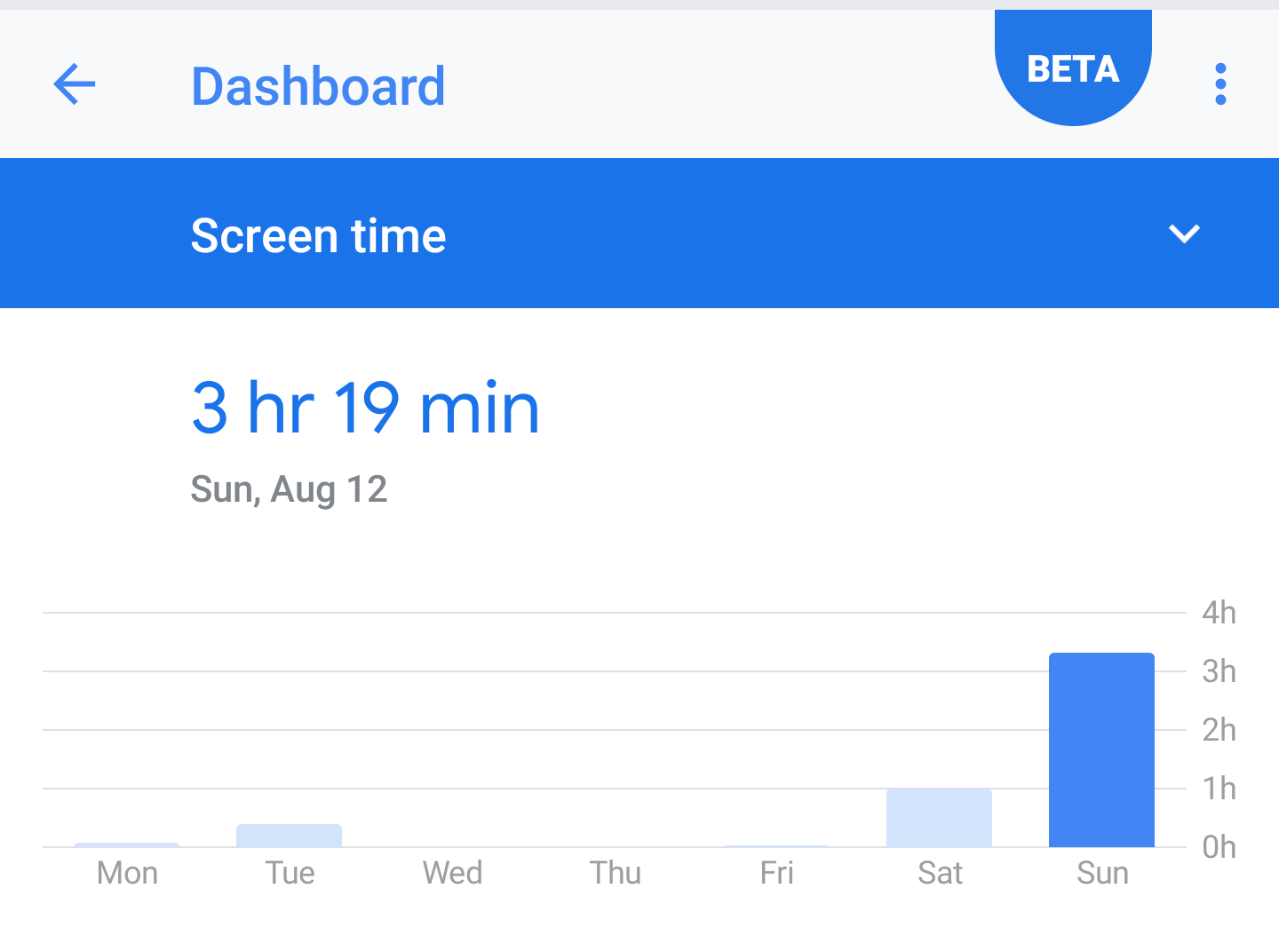
I fall asleep around 11:00 p.m. each evening, give or take 30 minutes. I am almost always out of bed at 8:00 a.m. the next day, which gets me about nine hours of sleep (hey, getting a good night’s rest is healthy).
There are 24 hours in a day and I am asleep for nine of them, which leaves around 15 hours each day for me to live my life and get things done.
On the first day that I used Digital Wellbeing to track my phone usage over the entire day, I was on the device for three-and-a-half hours.
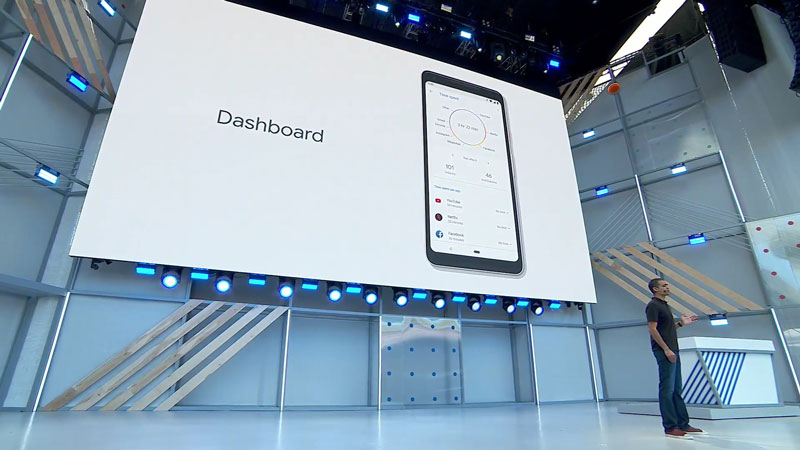
Doing the math, that means about 25 percent of my day was spent scrolling through Reddit, playing Potion Explosion, or reading an unhealthy amount of news.
A quarter of my day. Gone. Just like that.
Now, I don’t know about you, but that was pretty eye-opening. Here I am acting all “holier-than-thou” about how much I don’t use my phone, and I’m literally wasting a quarter of my day doing nothing.
If I’m wasting a quarter of my day on my smartphone and I’m seemingly using my phone less than other people do, how much time are they wasting? I shudder to think of their Digital Wellbeing chart.
Digital Wellbeing turned my stats right around
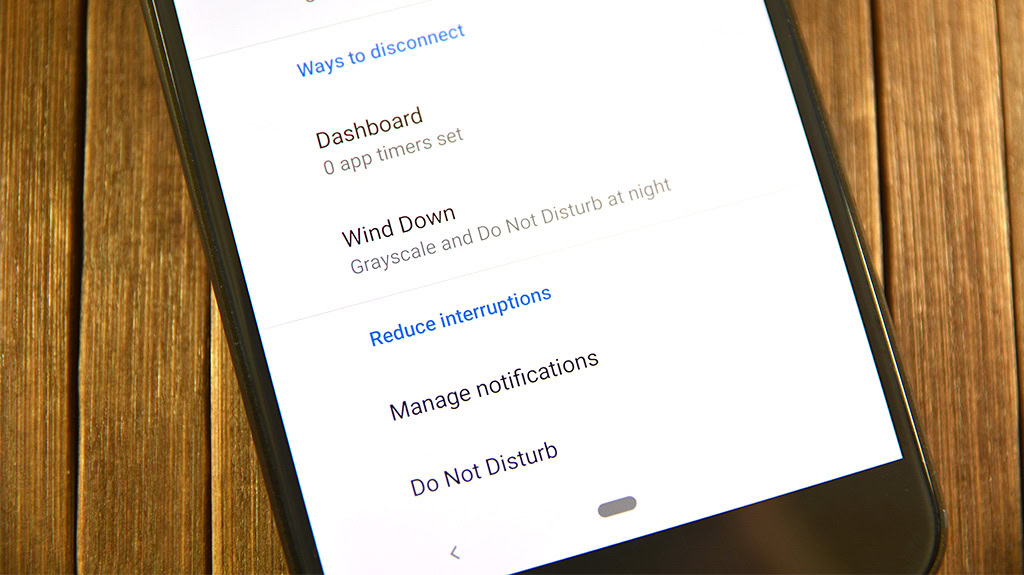
After the horror of discovering how much time I actually spend on my phone, I put Digital Wellbeing’s tools to work. The first thing I did was set up a schedule, which Google refers to as Wind Down. At 10:00 p.m., my phone’s display goes grayscale and my notifications completely shut off.
This sudden change doesn’t prevent me from using my phone, but it’s a very blunt reminder that it’s 10:00 p.m. and it’s time to stop playing around.
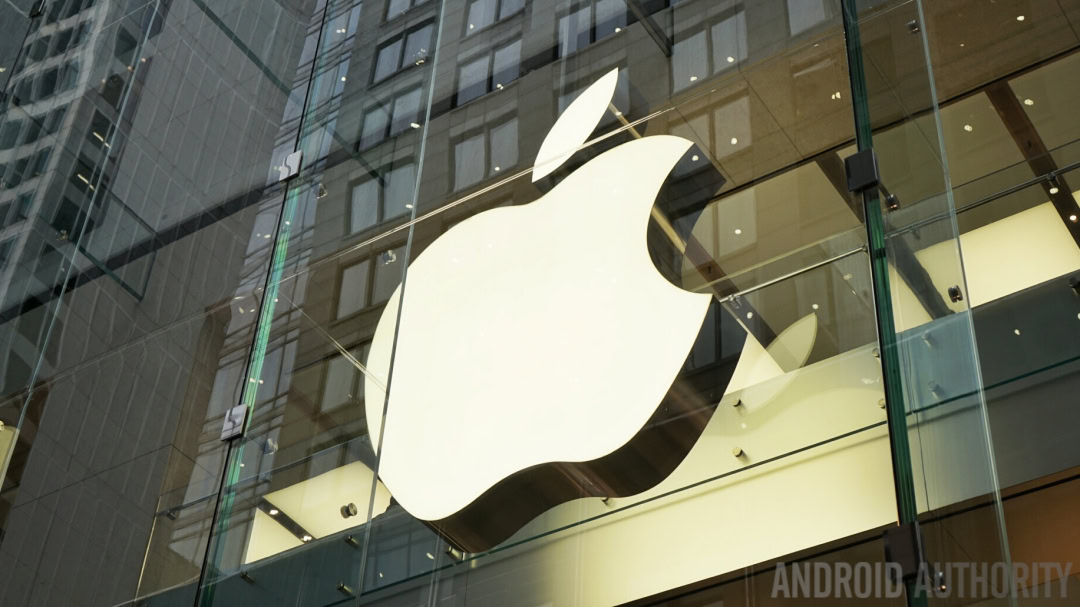
The first time the screen went monochrome I was browsing Reddit. While the text was still readable and fine, the images were all black-and-white, which made them less interesting to look at. Immediately, I was less interested in being on Reddit.
In other words, Wind Down was working.
Over the next few days, I started to anticipate Wind Down kicking into gear. I looked up at my clock and saw 10:00 p.m. was quickly approaching and knew that it would be time to stop doing phone stuff, so I’d better get whatever I needed done ASAP.
I also set a Reddit timer to go off after 30 minutes of in-app time. I don’t need to be on Reddit for more than 30 minutes a day, so I figured that was a good cut-off time.
In about three days, I knocked my screen-on time down from 3.5 hours to one hour. One hour out of 15 is about 7 percent of my day, which is a far-more-reasonable amount.
There are other things to do with my time
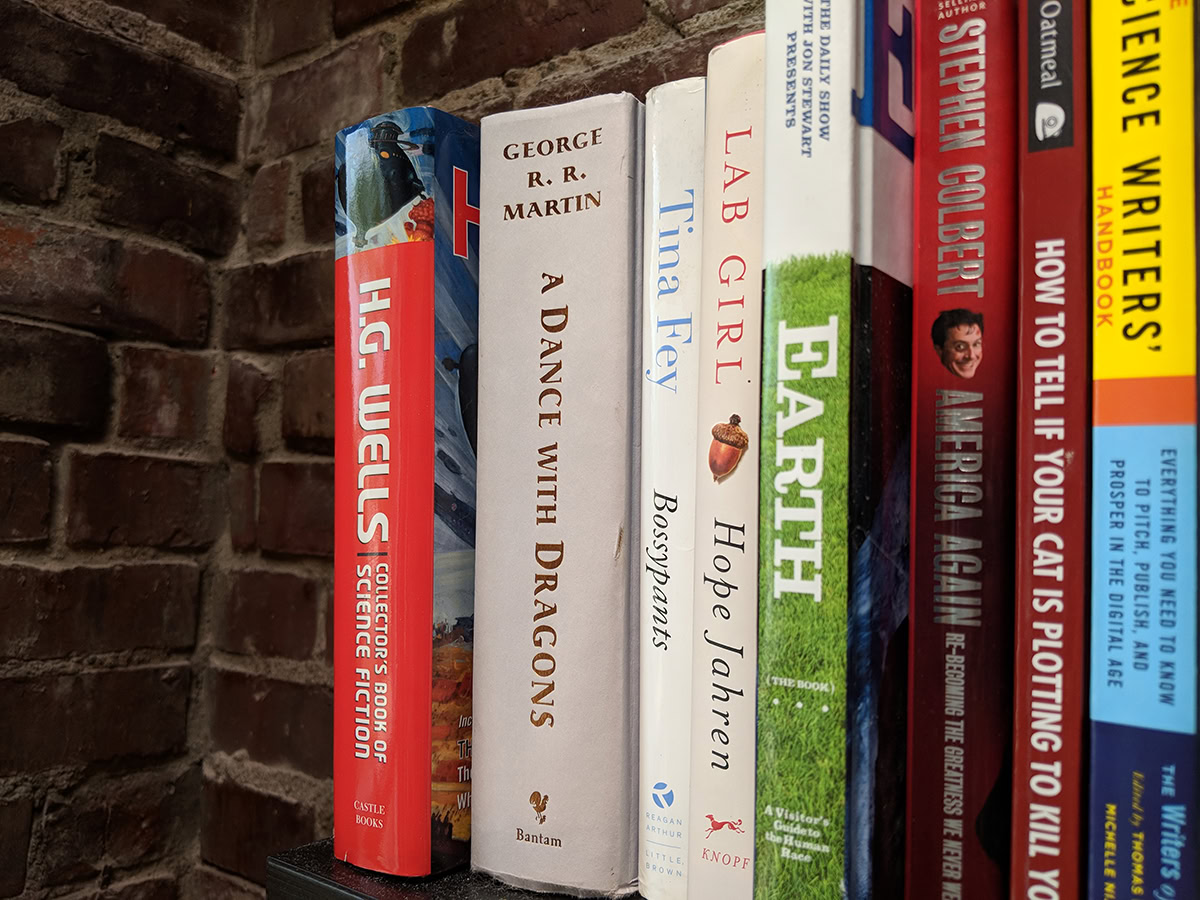
Instead of scrolling through my phone in bed before falling asleep, now I read a book. Instead of laying on the couch browsing Reddit after work, I played guitar.
It turns out, little subtle reminders that I’ve been on my phone too much were all I needed to get my butt in gear.
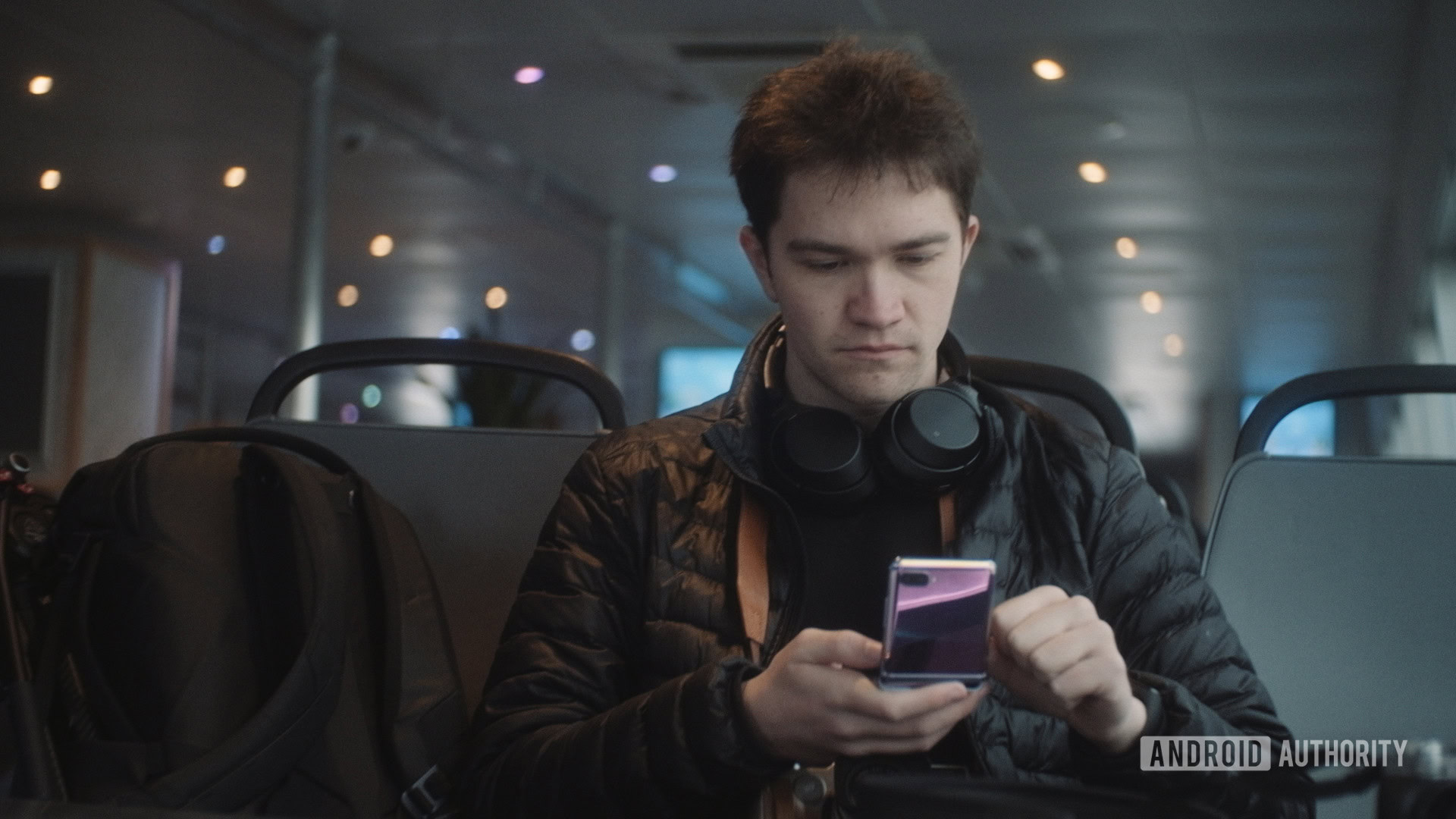
Granted, some of the things I’ve done have been “screen” things. For example, I’ve put down my phone and instead picked up a video game controller a few times. I’ve also taken out my laptop and done writing things rather than read the news on my smartphone. So it’s not like I’m rejecting all technology, I’m just spending less time hunched over a smartphone accomplishing… well… nothing.
Digital Wellbeing, unfortunately, is only available on Android 9.0 Pie for the moment, and even then it’s in beta and you have to sign up to use it. But if you are lucky enough to have Pie, I strongly encourage you to give Digital Wellbeing a shot. If you’re not on Pie, make sure to pay attention to Digital Wellbeing when you finally get it.
You might discover, like me, that you’re using your phone way more than you think.
NEXT: Digital Wellbeing hands on: Prepare to be scared off from your phone forever